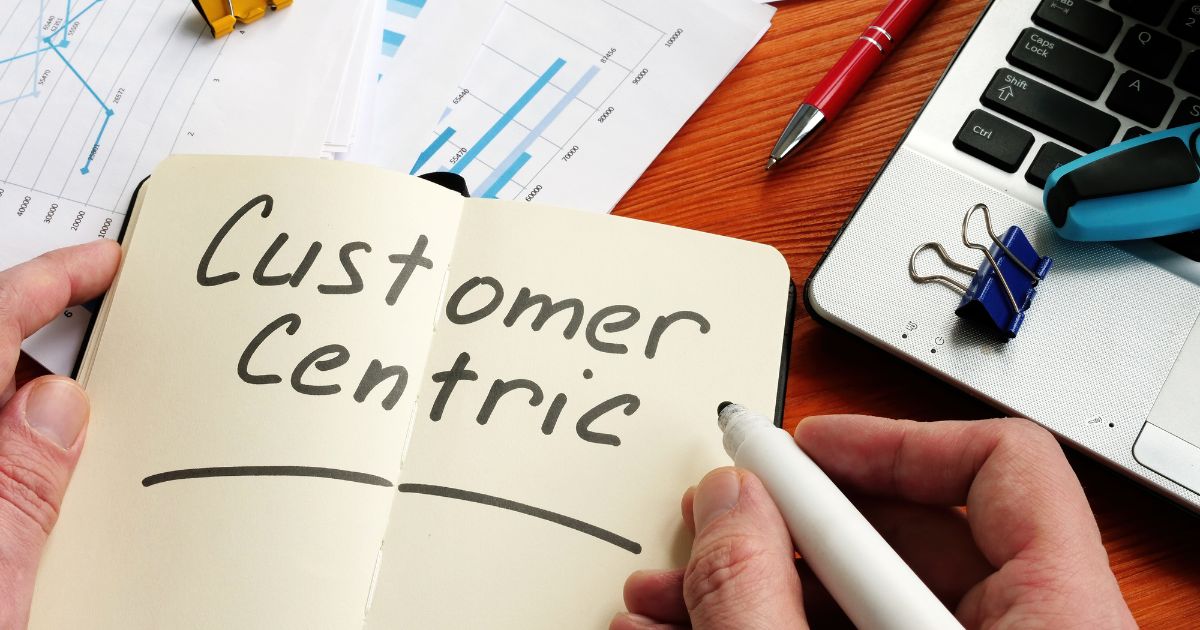
We live in a day and age where customers are spoiled for choice. Businesses – be it big brands or small businesses – are competing for loyal repeat customers. The key to unlocking this predictable growth and stronger retention is to place your customer at the heart of your business and show them that everything you do is for them.
Customer centricity is all about the experience, the customer experience (CX). This works because your client base doesn’t want to be just another number in your ledger. Here are some important statistics:
Research from Deloitte has shown that 88% of businesses see CX as their primary competitive advantage. Further research by the same company found that customer-centric companies are 60% more profitable
Why Customers Care
Customers don’t want a one-sided relationship with their brands. They want to know that brands are actively listening to their concerns or recommendations, and continuously improving their products and services to bring customers solutions that address their needs. Furthermore, they are seeking out brands that reflect their personal values and beliefs.
Qualtrics unpacks the data as follows:
1. Customers will Spend More
Clients are willing to pay more and spend more if they feel that brands are making an effort to implement their feedback. 62% of consumers cited that businesses need to care more about them. It’s clear that implementing feedback is not just a “nice to have” but an absolute necessity.
2. Personalisation Pays Dividends
A positive sales experience that is tailored to each customer has more success in converting sales, up to 40%!
3. Customer Centric Businesses Gain Competitive Advantage
Brands that make their clients their whole world have a competitive advantage over those that don’t. Looking at the above percentages, a business can see that brands that employ these strategies can easily make you stand out from the competition.
4. Increased Customer Loyalty
One exceptional experience leads to repeat business. This means that customer loyalty is significantly improved, and directly impacts the cost of customer acquisition because you don’t have to spend a fortune on new business.
Customer Centricity on Your Website
When businesses look into CX, it can refer to an in-person experience, but more often than not, it is used when looking at a business’s website. This usually points to a completely different facet.
For website design, it means that the functionality of the website, whether an e-commerce store or not, meets the needs of the customer, takes their preferences into consideration and delivers on their expectations. More than just aesthetic appeal and efficient technology, the customer’s goals should be the focus.
Unlike traditional web design, which only showcases a brand, customer-centric web design takes into consideration every single element on the entire website. It looks at the placement of content navigation, visual elements and ease of use.
Additionally, it also takes into account the latest best practices for website design and copyrighting.
How do the Above Benefits Translate to Web Design?
There are best practices for customer experience in person that can translate to web design in the following ways.
Prioritise Feedback: Customer feedback is vital to ensure that you meet the needs and expectations of your customers. You can receive feedback by offering surveys, reviews, chatbots, or other forms are direct interactions. This indicates what the customer likes and finds useful. Embrace the client’s honesty – not all feedback will be positive, but that is just an opportunity to grow.
Regularly Update and Iterate: A part of a good website that focuses on the customer means that there will be regular updates that adjust and adapt to their evolving needs. This is where you will use the feedback collected through reviews and surveys. Regular updates also include using new payment gateways and integrations that might not have previously been available.
Design for the User: In this static design, you need to keep your user in mind. The navigation needs to be intuitive with clear calls to action to improve the use of friendliness of your site. For instance, when a user would expect there to be a search bar, make sure that it is clearly visible and placed where a user would intuitively expect it.
Avoid Common Pitfalls: Common pitfalls to avoid include assuming that you understand what you’re clients are looking for. Instead, conduct user experience audits to ensure that the has a strong design, is mobile optimised, loads quickly, doesn’t have any broken links, and that navigation is simple to use.






